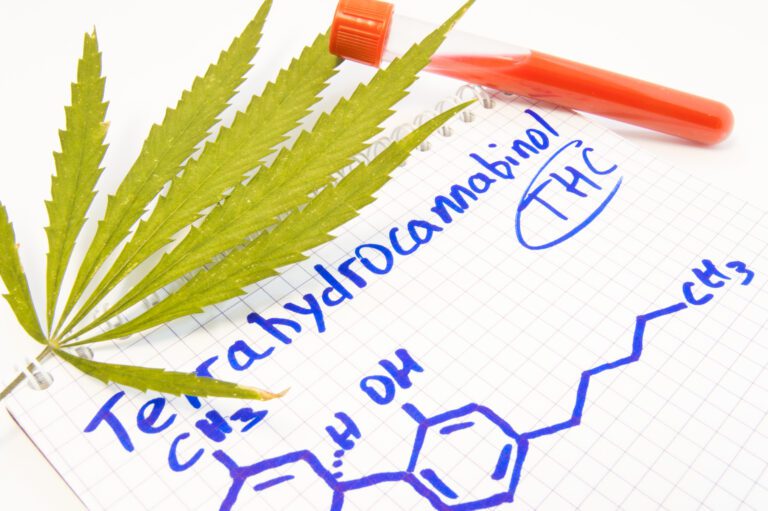Is the Legal Limit for Marijuana in the Blood Too High?

In the ever-evolving landscape of marijuana legalization, one hotly debated topic in Colorado is the legal limit for THC (tetrahydrocannabinol) in the blood concerning drugged driving. At present, the threshold is set at five nanograms per milliliter of blood, but divergent opinions persist on whether this limit is appropriate. Some argue it is too lenient, allowing impaired drivers to escape penalties, while others contend it is too stringent, resulting in unjust charges against non-impaired individuals. Amidst this debate, legal professionals such as Thomas & Ahnell, LLC, have become pivotal in navigating the complex legal terrain surrounding THC limits.
Exploring the Science Behind THC and Drugged Driving:
A recent article in the Journal of Global Drug Policy and Practice delves into the impact of DUI per se laws on road safety. While applauding the efficacy of such laws in dealing with drunk driving, the article proposes the extension of similar per se laws for marijuana. However, it acknowledges the complexity of determining impairment for marijuana due to the lack of a direct correlation between THC levels in the blood and impairment.
The article suggests tandem per se laws, which would criminalize drugged driving when a driver exhibits obvious impairment and has any detectable level of a drug in their system. Essentially, not only would physical signs of impairment be necessary, but any trace of THC would warrant charges. However, legal experts, including Thomas & Ahnell, LLC, challenge this assumption, asserting that it might not be the most judicious approach.
The Complexity of THC’s Impact on Driving:
While there is agreement that the five-nanogram limit is arbitrary and lacks robust scientific backing, there are additional considerations. Colorado’s legalization of marijuana adds a layer of complexity, as THC tends to linger in fat cells for an extended period. This raises a pertinent question: should an individual who consumed a marijuana-infused edible and is pulled over days later, feeling completely normal, face legal repercussions for testing positive for THC? Legal professionals argue against such punitive measures for non-impaired individuals.
Zero Tolerance and its Pitfalls:
The call for a zero-tolerance policy towards marijuana in the context of driving is met with skepticism. While the prevention of drugged driving is a shared goal, a blanket zero-tolerance approach risks ensnaring innocent drivers who may have THC in their systems without impairment. Thomas & Ahnell, LLC, asserts that a nuanced understanding of how THC truly affects a person’s ability to drive is essential for formulating fair and just legal standards.
Legal Expertise in Navigating THC-Related Cases:
In the midst of this ongoing debate, legal firms like Thomas & Ahnell, LLC, play a crucial role in providing guidance to individuals caught in the crossfire of THC-related legal issues. Navigating the complex interplay between science, legislation, and individual rights, legal experts analyze the intricacies of each case to ensure a fair and just outcome.
As Colorado grapples with the intricacies of THC limits in drugged driving cases, it is clear that a one-size-fits-all approach may not be the solution. While concerns about impaired driving are valid, legal professionals, including Thomas & Ahnell, LLC, emphasize the need for a more nuanced understanding of THC’s impact on an individual’s ability to drive. Striking a balance between public safety and individual rights remains a delicate task that requires ongoing collaboration between the legal community, policymakers, and scientific experts.
Do you have further questions or concerns? Call us or contact the attorneys at Thomas & Ahnell, LLC, and we will be happy to help.
